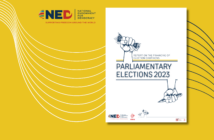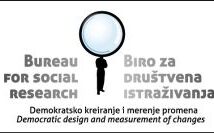Montenegro’s energy development, as having been presented by the Montenegrin government over recent years, provoked a number of criticisms in the public, not only in regard to the transparency of the overall procedure but specifically in regard to economic sustainability of the emerging project. This Report examines the announcement of the construction of Unit II of the thermal power plant in Pljevlja, a project which was launched back in 2012 on the pretext that the construction of the new unit was necessary due to the deficit of electricity in the country and to further Montenegro’s economic development.
The report says that the government has neither confirmed that there is a deficit of electricity in the country nor showed the economic benefits citizens could gain from the construction of a ”dirty source” of energy. Actual investment costs will exceed a sum of €1 billion, not considering costs of health care and environment protection which were estimated by Green Peace in mid-2013to be €2.5 billion for a 40-year operation of Unit II. All of these call financial sustainability of the project into question and raise doubts that it will be an introduction a prelude to state aid into state aid. Commercial reserves of coal from designated deposits are not sufficient for Unit II operations within the projected period of 40 years. Moreover, there is a violation of transparency of the whole process since a feasibility study on cost effectiveness of the construction of the new plant has not been published.
Complete report download HERE (PDF)



